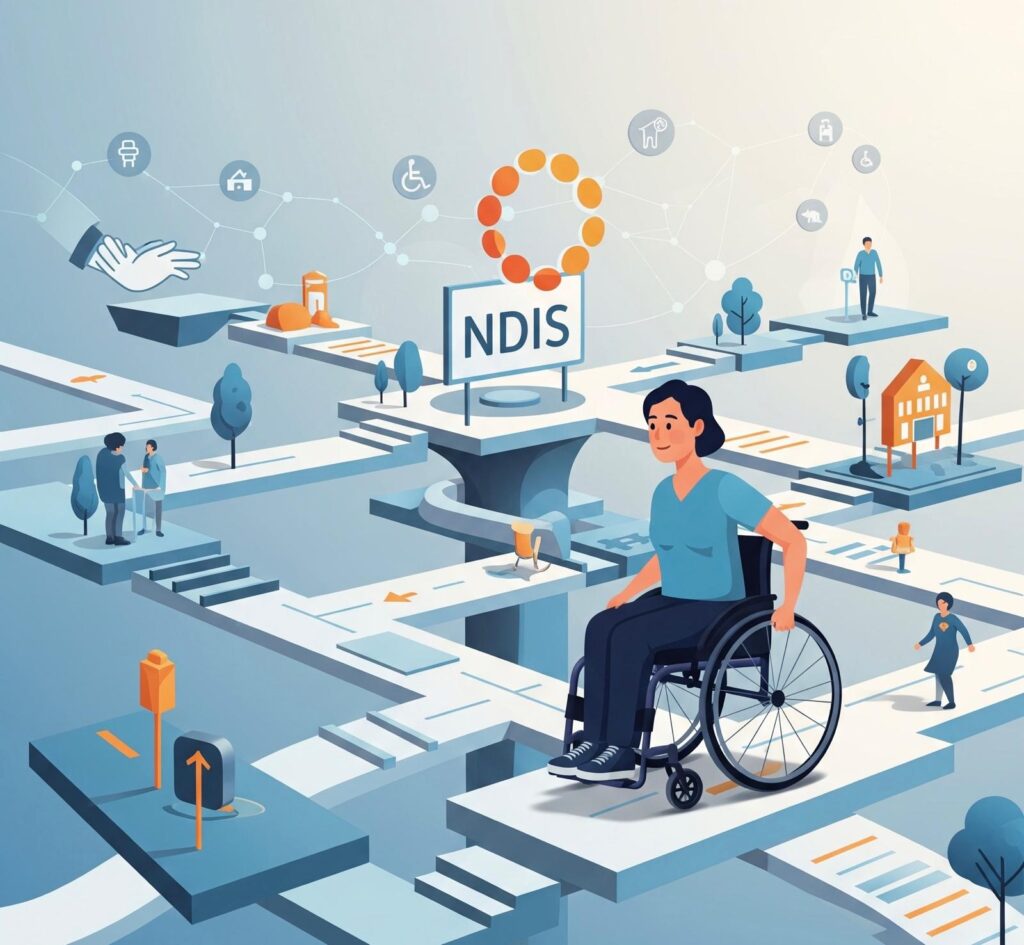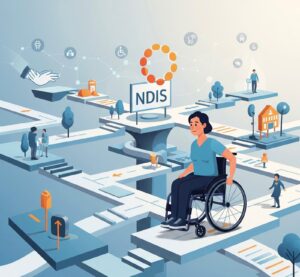A self-managed NDIS plan provides participants with significant flexibility and control over their funding, allowing them to choose supports and services that best meet their needs, including psychological services. This approach enables participants to select both registered and unregistered providers, negotiate costs, and directly manage their therapy sessions. Understanding the benefits, challenges, and key considerations of self-managing psychology services under the NDIS is crucial for making informed decisions.
Keywords: self-managed NDIS psychology, NDIS self-management mental health, self-managing NDIS psychological services, NDIS plan flexibility psychology, benefits of self-managed NDIS plan, self-managed NDIS vs. agency-managed, unregistered NDIS providers psychology, NDIS reasonable and necessary supports
Benefits of Self-Managing Psychology Services
- Greater Flexibility in Choosing Providers: Self-managing participants have the freedom to choose from a wide range of psychological service providers, including those who are not registered with the NDIS. This is particularly advantageous for participants who have established therapeutic relationships with non-registered psychologists or prefer providers who specialise in specific mental health conditions (NDIS, 2024).
- Enhanced Control Over Therapy Plans: Self-management allows participants to tailor their psychological therapy according to their needs and preferences. They can choose the type of therapy, the frequency of sessions, and even the specific therapist. This level of control can lead to a more personalised and effective treatment plan, aligning closely with the participant’s goals and well-being (NDIS, 2024).
- Cost Negotiation and Budgeting: Participants who self-manage their plans can negotiate fees with their chosen psychologists and have the flexibility to allocate their budget in a way that maximises their supports. This can be particularly beneficial in managing costs and ensuring that funds are utilised efficiently (UNSW, 2024).
Challenges of Self-Managing Psychology Services
- Administrative Responsibilities: Self-managing an NDIS plan comes with administrative tasks, such as maintaining records, managing invoices, and ensuring that the funds are used in accordance with the NDIS plan. Participants must also submit claims to the NDIS for reimbursement of services. This level of responsibility can be time-consuming and may require organisational skills (NDIS, 2024).
- Ensuring Compliance and Quality: When using unregistered providers, participants must ensure that the quality of care meets their needs and that the provider has the appropriate qualifications and experience. There is less regulatory oversight for unregistered providers, which can pose a risk to the safety and quality of services received (UNSW, 2024).
- Navigating Thin Markets: In some areas, particularly rural and remote regions, there may be limited availability of psychological services. This can make it challenging to find suitable providers, and self-managing participants may need to look beyond their local area or consider telehealth options to access necessary supports (University of Sydney, 2024).
Key Considerations for Self-Managing Psychology Services
- Understanding NDIS Guidelines: It is essential for participants to understand what constitutes “reasonable and necessary” supports under the NDIS. This includes ensuring that the psychological services chosen align with the goals outlined in their NDIS plan and that evidence of need is documented to justify the use of funds for these services (NDIS, 2024).
- Utilising Support Coordination: For participants who find it challenging to manage their plan independently, engaging a support coordinator can be beneficial. Support coordinators can assist in finding appropriate psychological services, managing appointments, and ensuring that the participant’s needs are met effectively within their plan (NDIS Quality and Safeguards Commission, 2024).
- Monitoring and Adjusting the Plan: It is crucial to regularly review the NDIS plan to ensure that the allocated funds are being used effectively and that the supports provided are meeting the participant’s evolving needs. This may involve adjusting the frequency or type of psychological services as the participant’s situation changes (NDIS, 2024).
Conclusion
Self-managing an NDIS plan for psychological services offers significant benefits in terms of flexibility, control, and personalisation. However, it also requires a thorough understanding of the NDIS guidelines and careful management to ensure that the services provided meet the participant’s needs and goals. By staying informed and seeking support when necessary, participants can make the most of their self-managed plan and enhance their psychological well-being.
References
- NDIS (2024). Understanding reasonable and necessary supports when developing an NDIS plan. Available at: NDIS Website.
- University of Sydney (2024). The NDIS and mental illness: what needs to change? Available at: University of Sydney.
- UNSW (2024). Unregistered NDIS providers are in the firing line – but lots of participants have good reasons for using them. Available at: UNSW Website.
How to get in touch
If you or your NDIS participant need immediate mental healthcare assistance, feel free to get in contact with us on 1800 NEAR ME – admin@calmandcaring.com.







